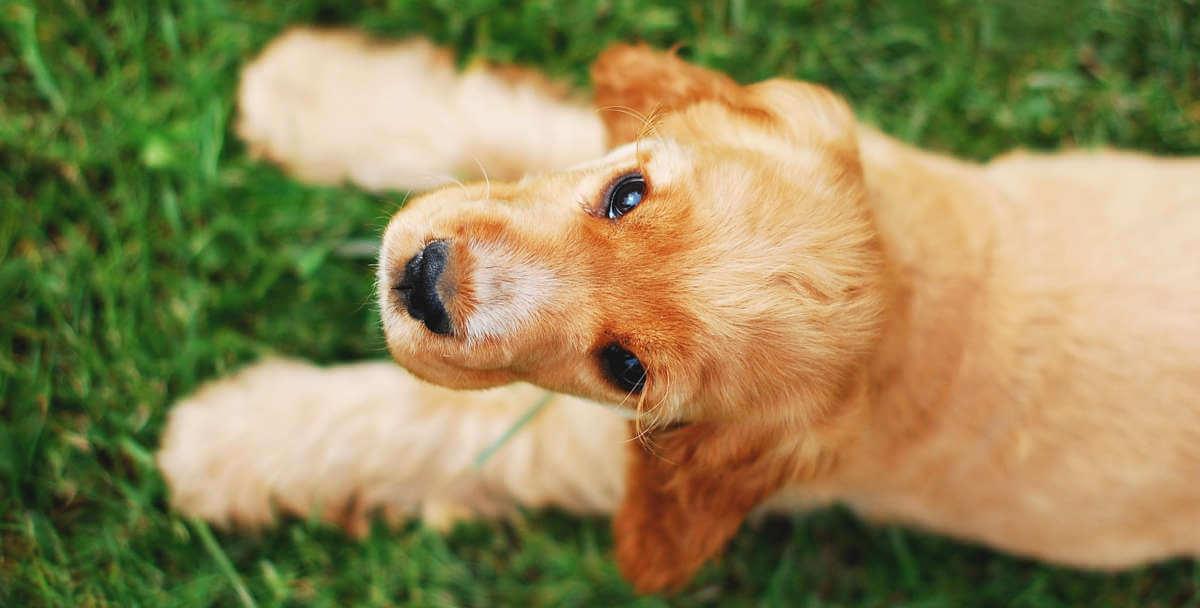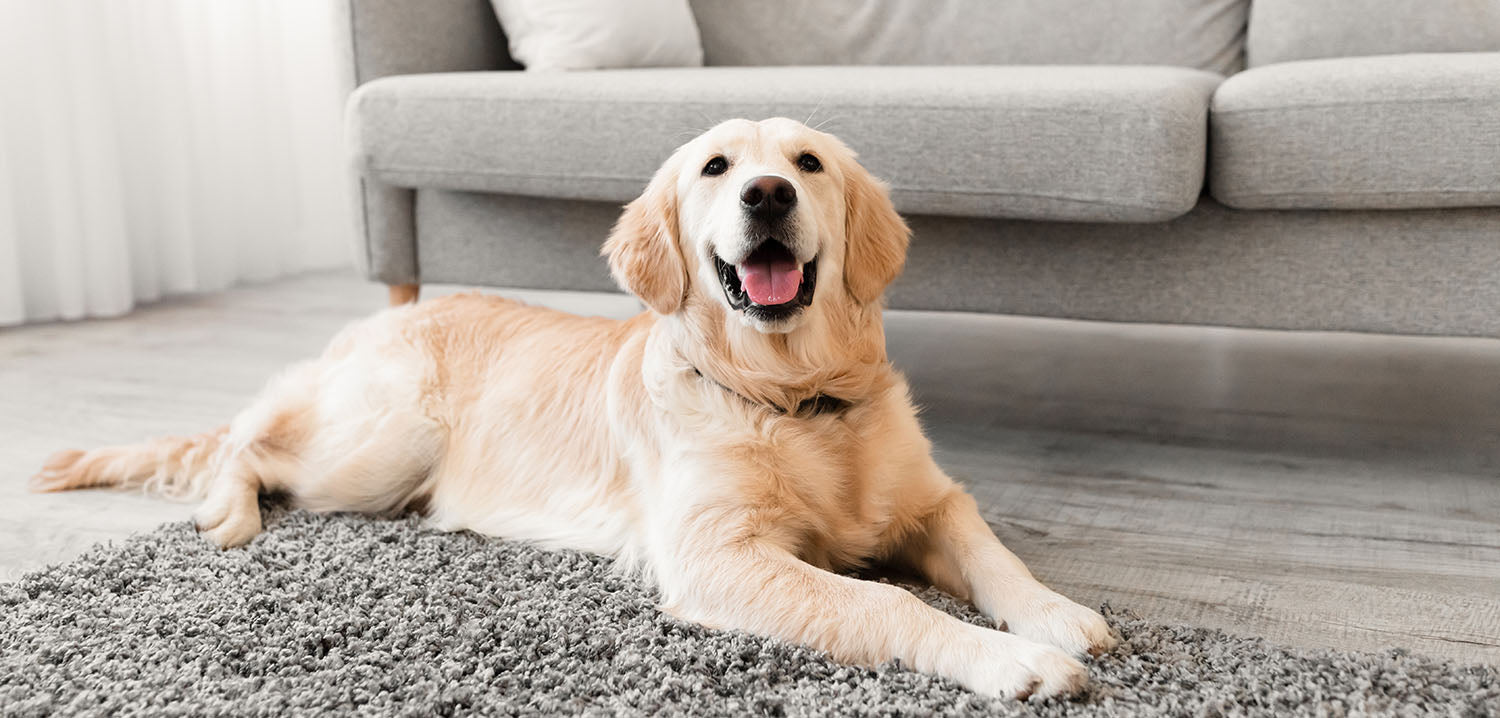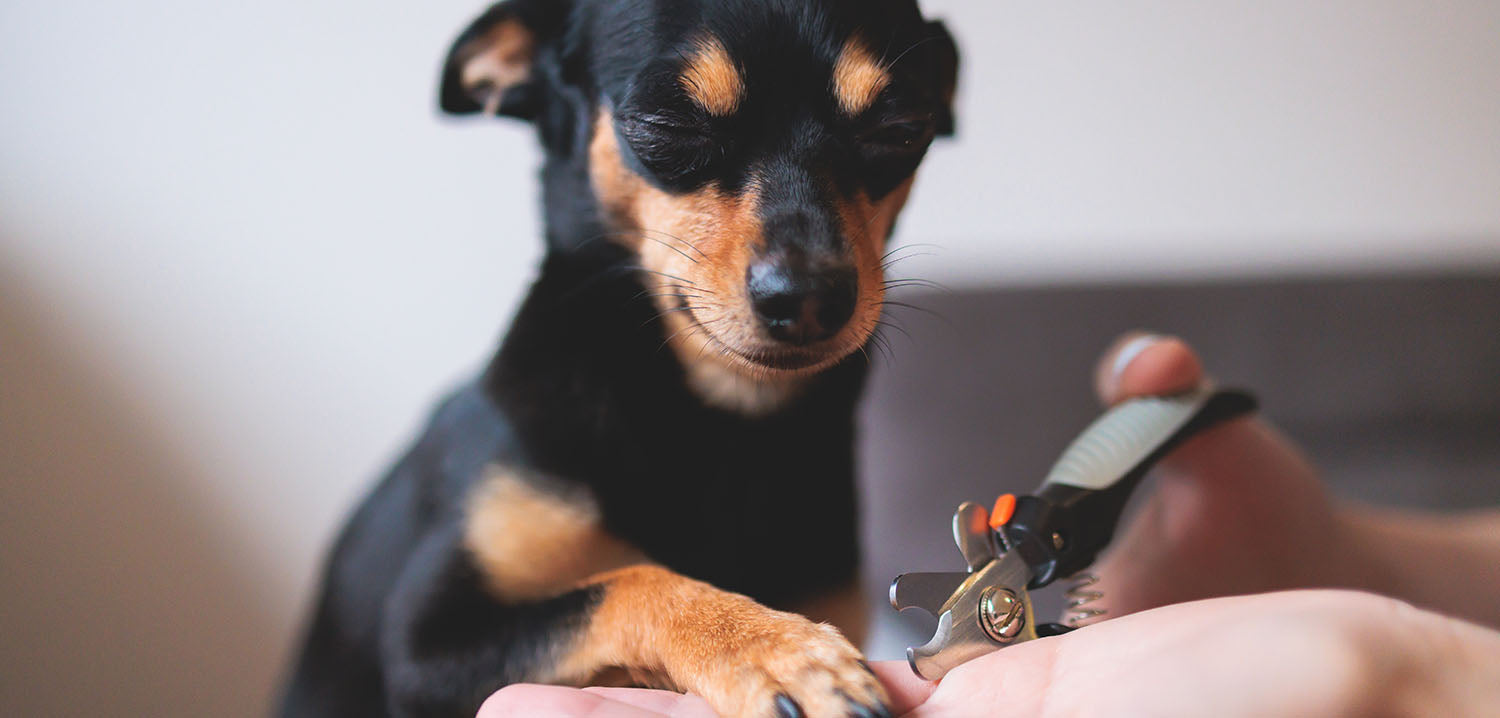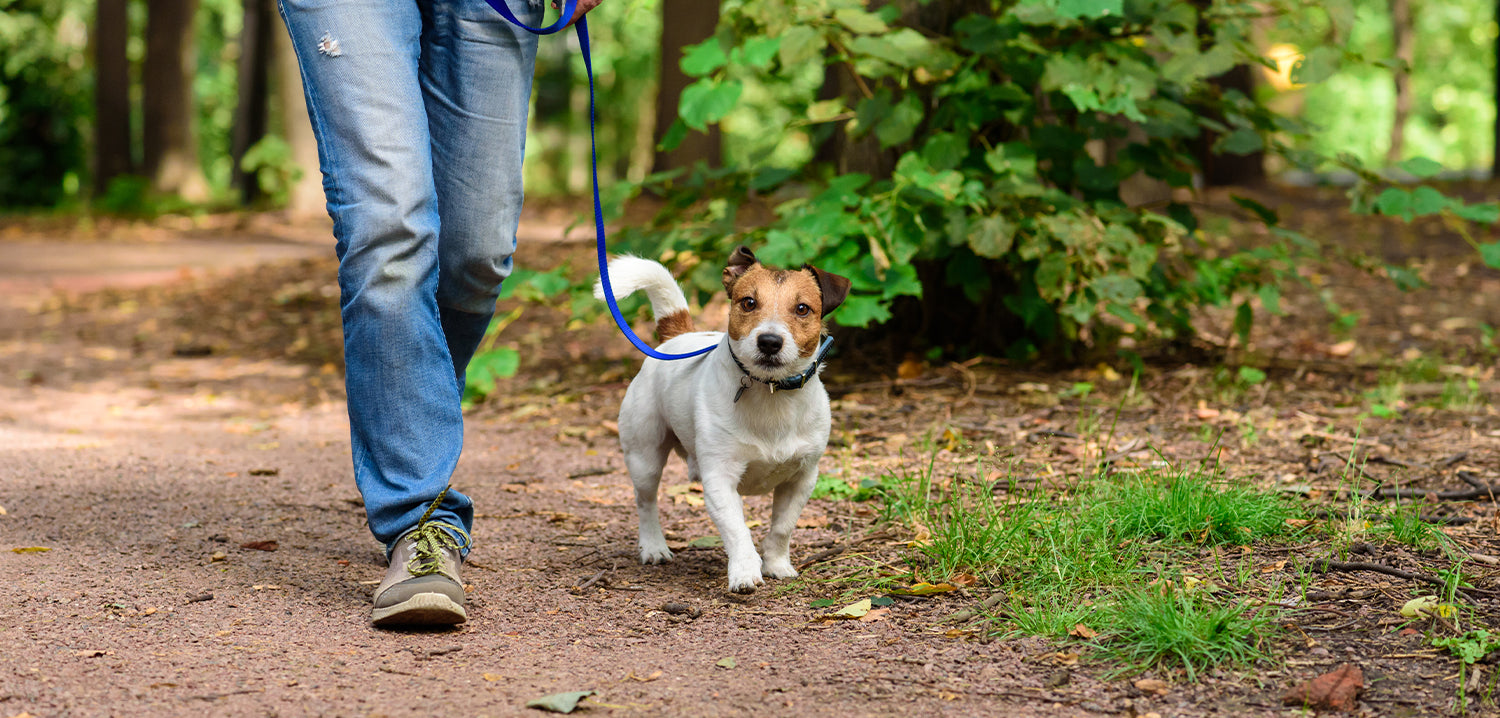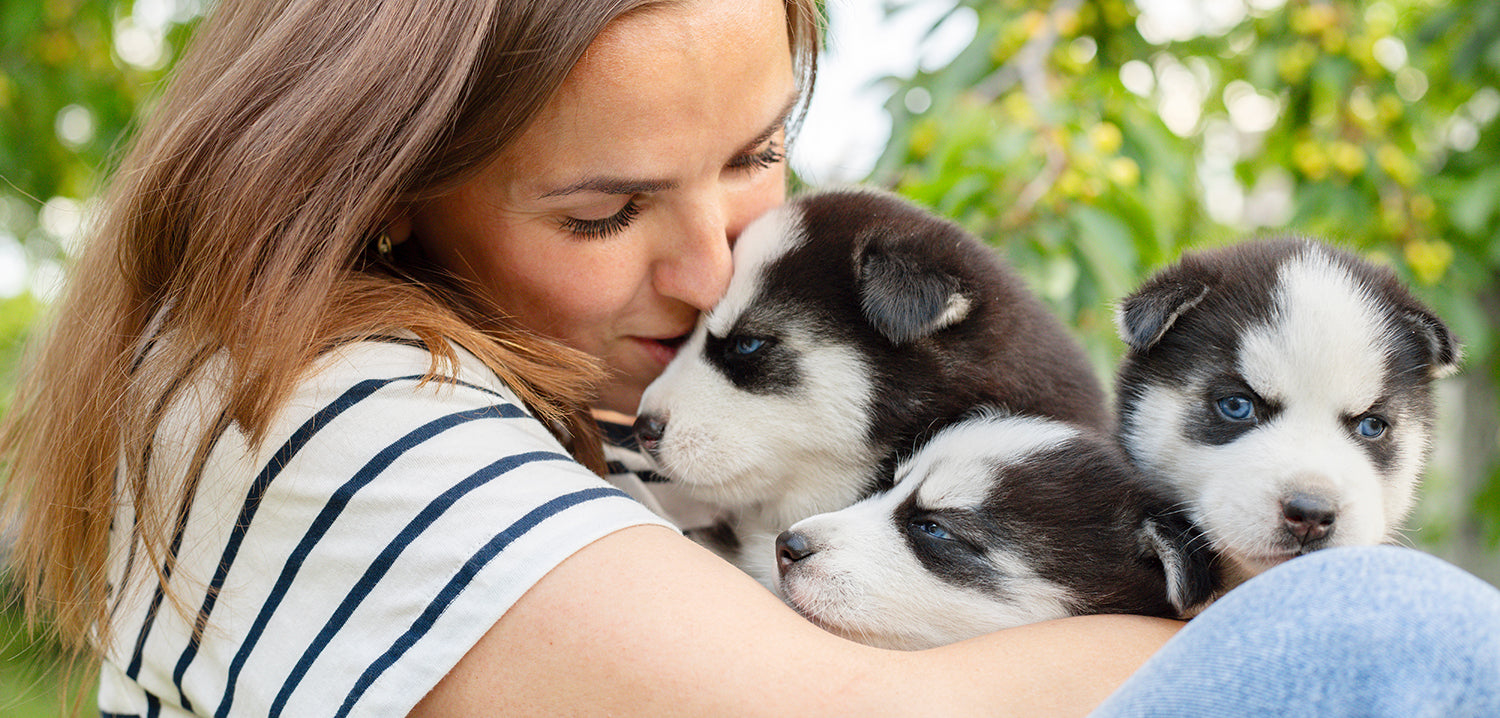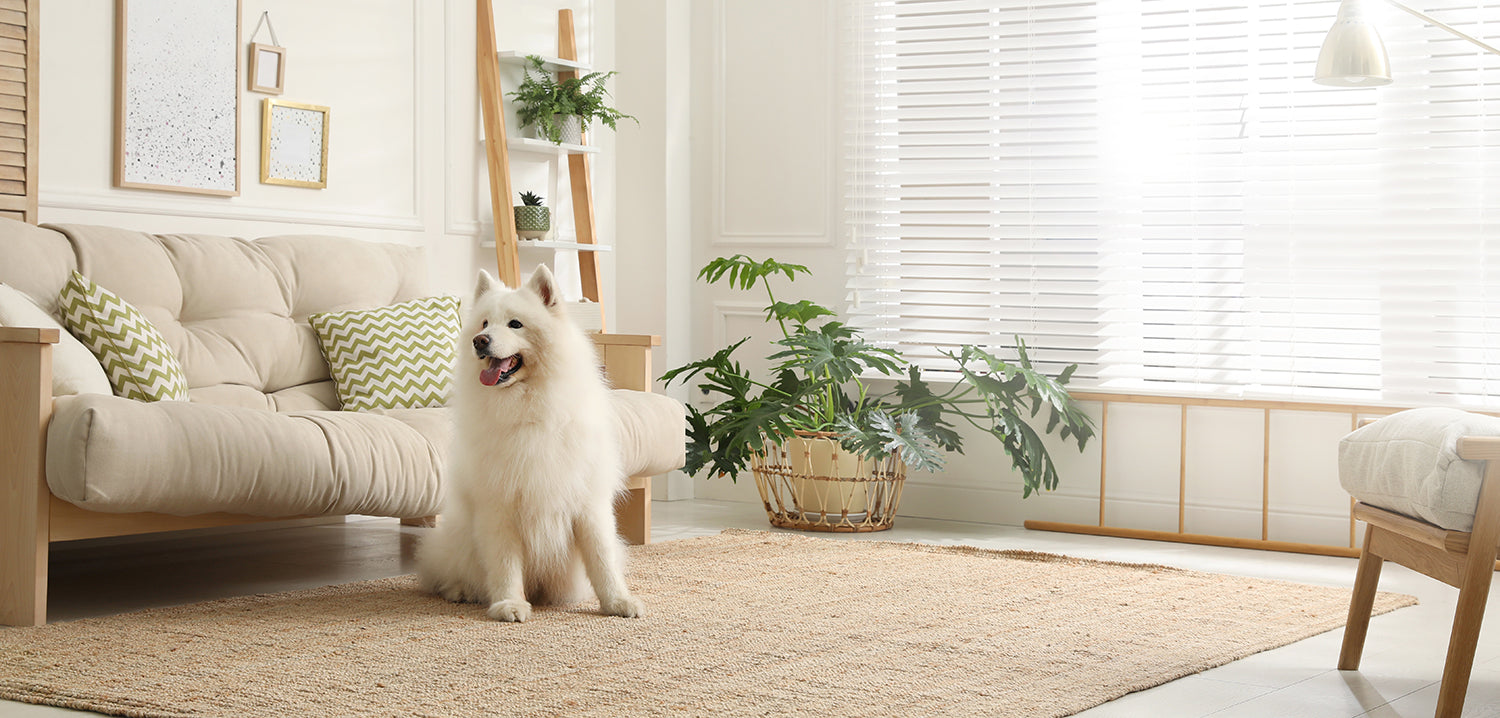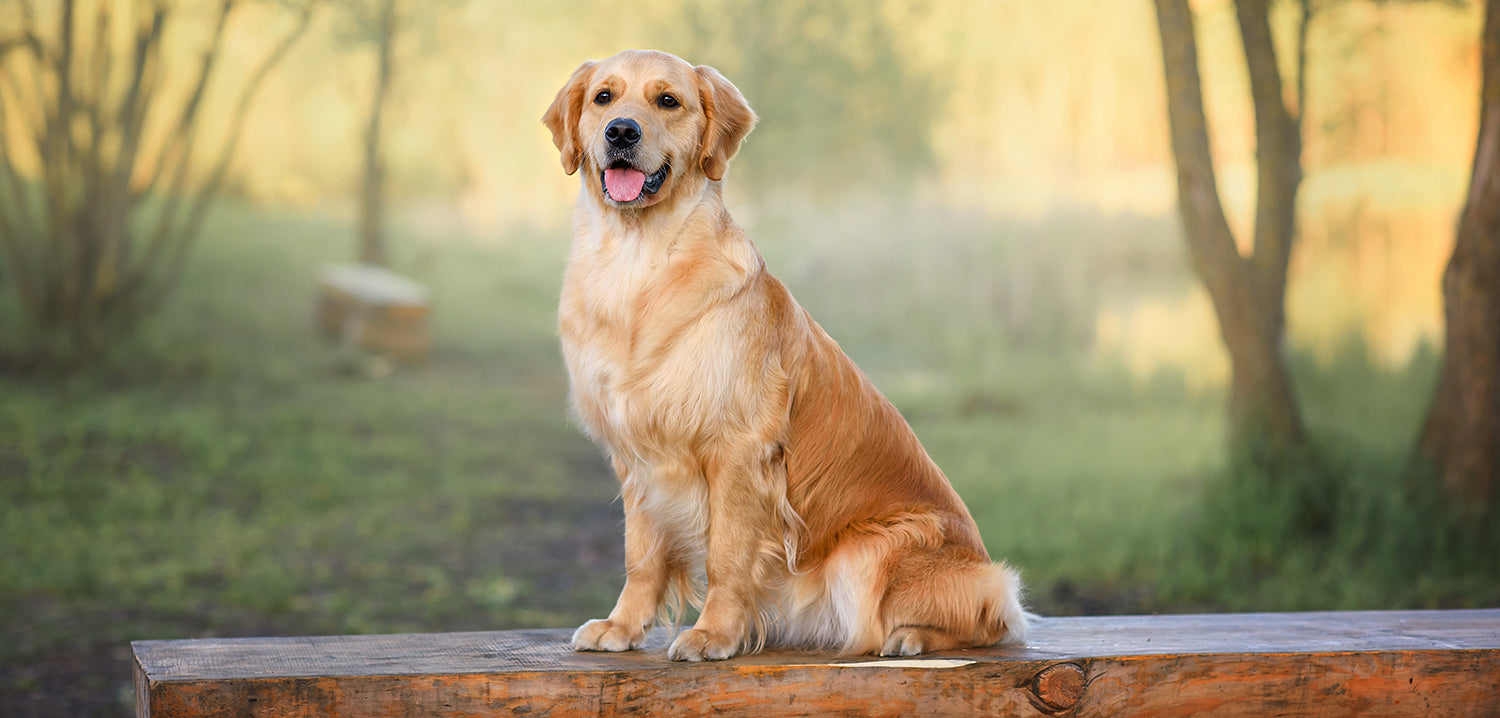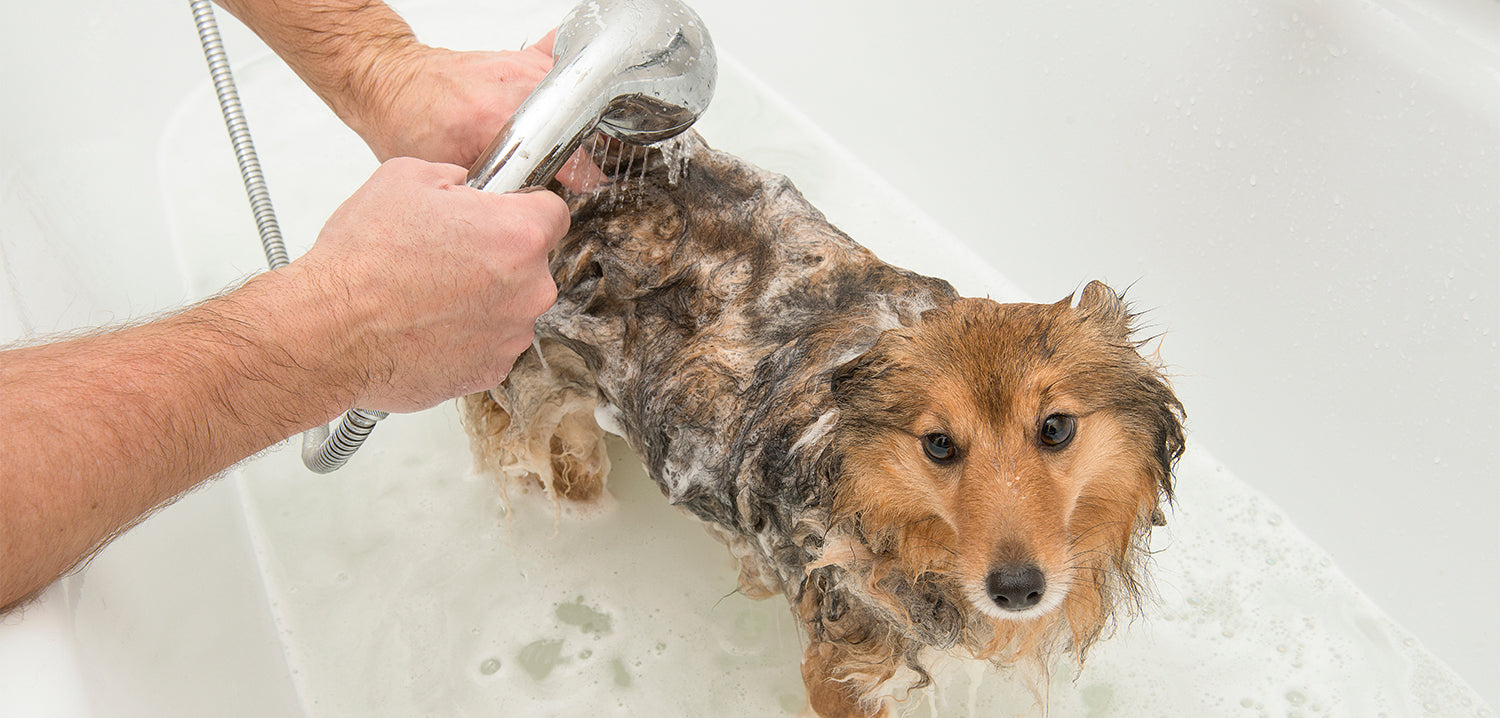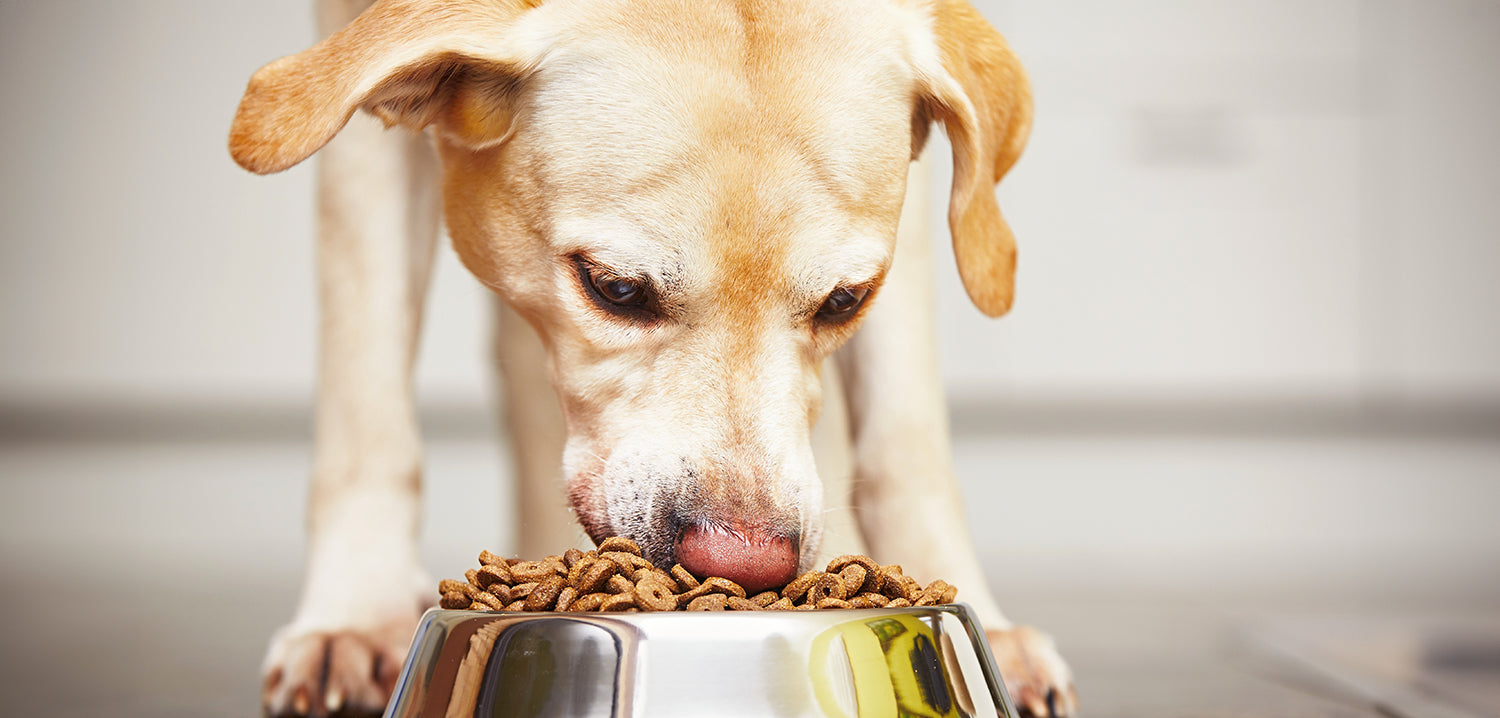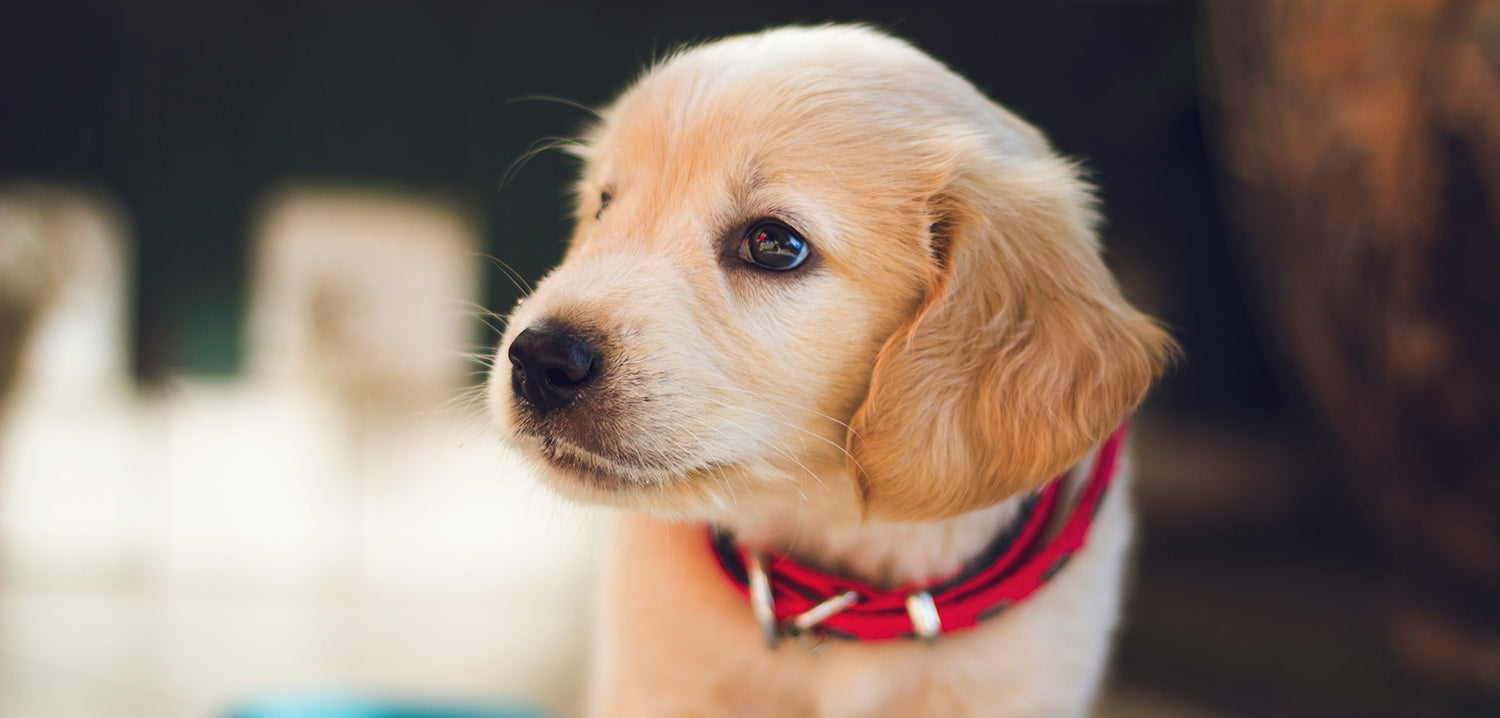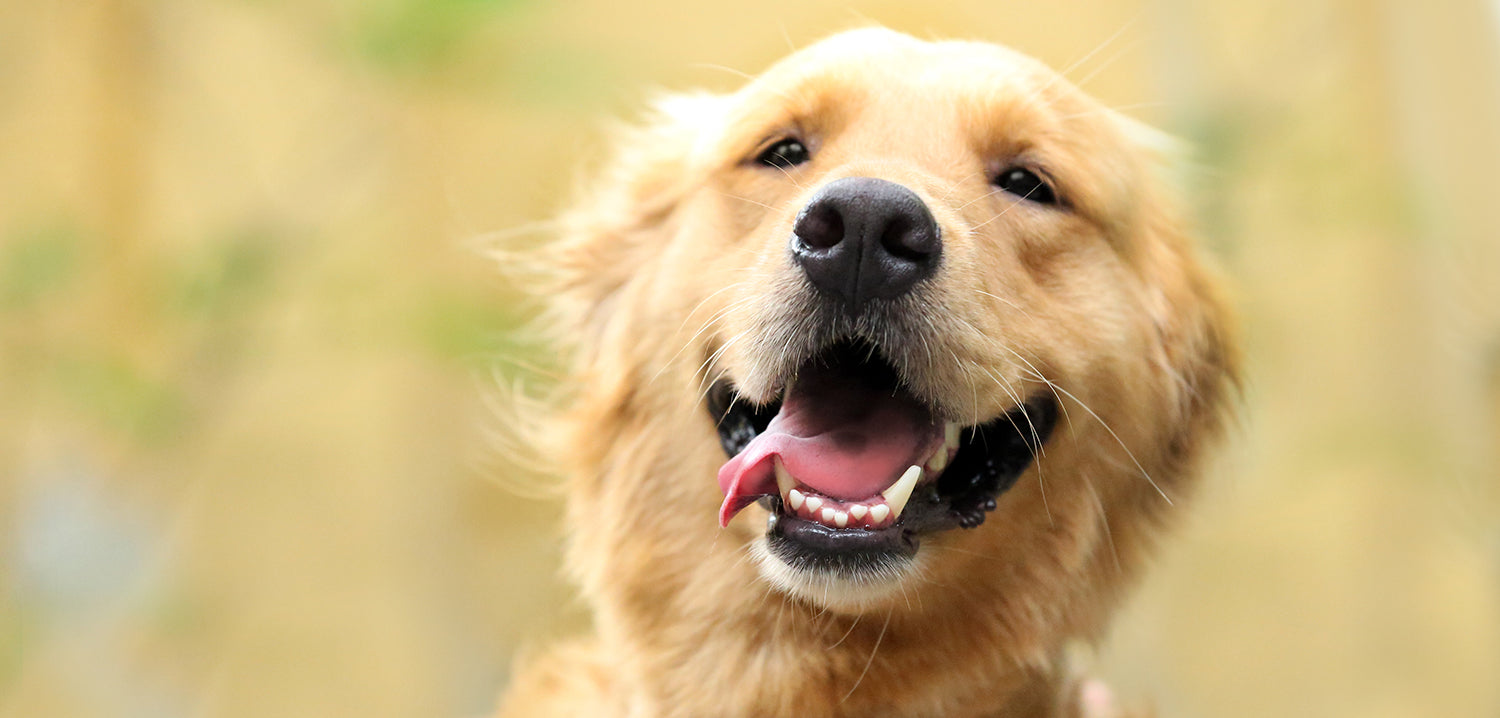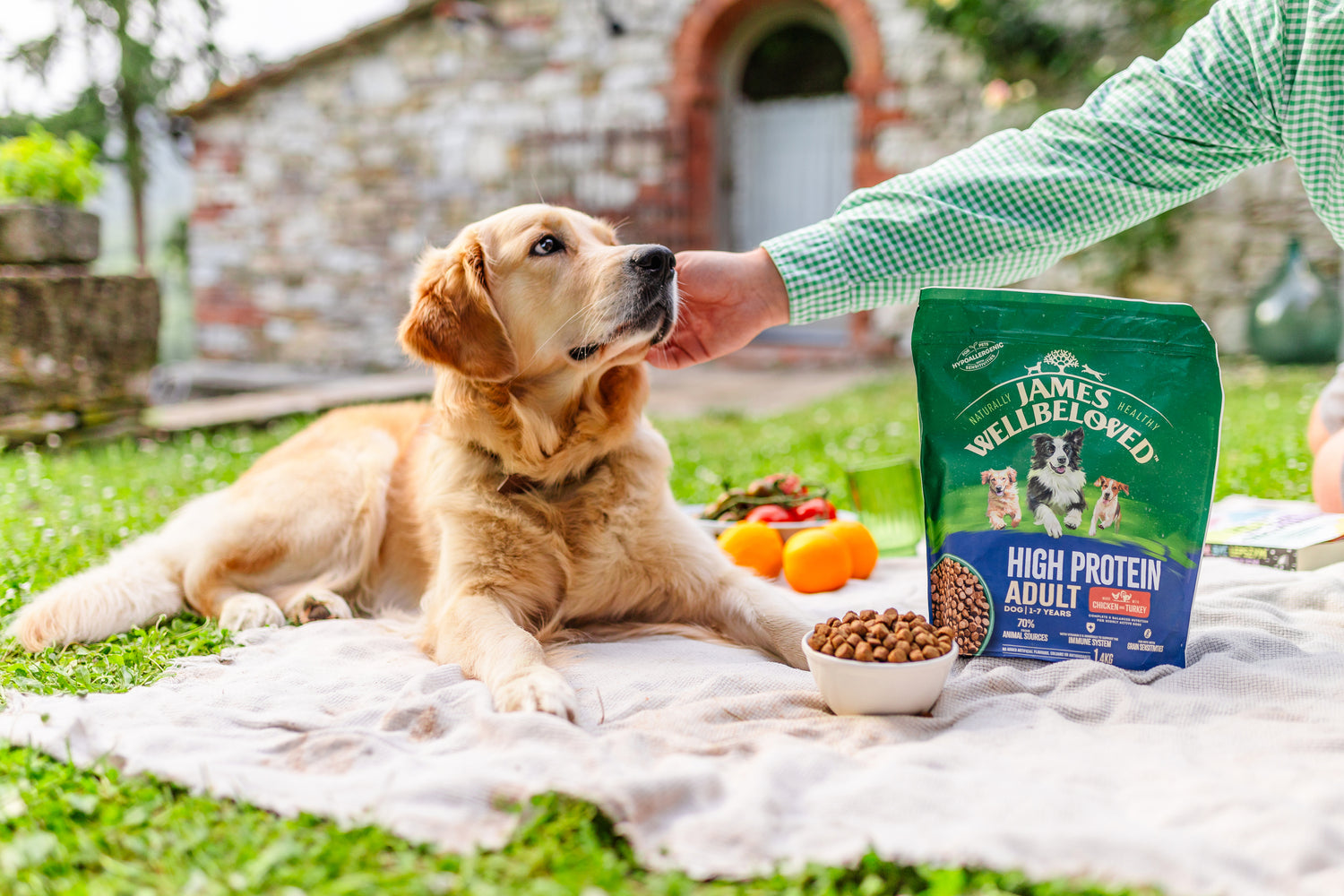Dogs are the UK’s most popular pet and this is the time of year when potential new owners most commonly consider adopting a puppy. Unfortunately, despite 243,000 new dog registrations last year, 67,000 strays were lost or abandoned. While this problem is reducing every year, it is an indication that some owners are either unhappy or ill-prepared when caring for a puppy. We understand that no honest dog owner adopts a puppy wanting to make their pet and themselves miserable, but a lack of preparedness can lead to unforeseen issues or an unhappy home. So, we want to help explain what it takes to keep a puppy happy, from feeding them the best puppy food to establishing routine and boundaries, and how doing so is in the long-term interest of your puppy, your family and you.
Purchase your puppy from a reputable shelter or breeder


In 2017, approximately 1,500 stray dogs were put to sleep because of ill health. This is unsurprising considering that one in five new owners do almost no research before buying a puppy. Consequently, these same owners are more likely to suffer financially and emotionally by adopting a puppy with poor health. The best way to avoid this and ensure your puppy starts their life with the best possible health is to only buy from assured breeders or to check that the kennel or breeder are licensed and/or follow current UK regulations.
Feed your puppy food which is suitable to his/her age and breed
Like all young mammals, your puppy has an enormous amount of growing to do, which requires lots of energy and the right balance of nutrients. Thus, we recommend you feed your dog purpose-designed puppy food.

Puppy food is different to adult dog food because puppies need more protein and calcium, among other nutrients. So, it is important to feed your dog food appropriate to his or her age to avoid costly and hard-to-manage health issues.

Visit your vet regularly for health checks and vaccinations
While the kennel or breeder is responsible for ensuring any puppies get early vaccinations and have breed-specific health checks, once you have adopted a puppy, his or her health becomes your responsibility.

The first thing you should do after bringing your puppy home is to find a local vet and register. Schedule a check-up to make sure everything is fine and then discuss when to get vaccinations.
Be sympathetic to your puppy’s anxiety
You should anticipate a puppy being needier than an adult dog. After all, young mammals expect to be protected by their mothers in those early months and puppies whine to keep them close. Instead, when we adopt a puppy, we take them away from their mother when they are at their most vulnerable, so it shouldn’t be surprising that this is scary for a young puppy.

Most vets don’t recommend ignoring puppies when they whine at night. Often it is a sign that they need something, like to go to the toilet, so you shouldn’t ignore it. You can train them to sleep in a crate to stop them scratching the doors, but keep them close so you can be attentive. Mostly, your puppy just wants to know you are nearby and that they are safe.

Dogs are pack animals and naturally crave instruction. If you don’t teach your dog how you want him or her to behave, your dog will have to choose its own behaviours and activities, which may not be what you want them to be doing!
If your dog dictates how you and your family live, it creates tension and may lead to you resenting your dog. Instead, establish rules, routine and training early on. We highly recommend using positive reinforcement to encourage good behaviour, while ignoring bad behaviour. Be firm and consistent with your routine and your dog will soon learn who is boss.

Secure potential escape routes
Dogs are curious explorers who don’t consider that leaving a space might result in them getting lost. Additionally, puppies can squeeze through small gaps or dig under gates and fences. Once out, dogs can’t always find their way home and, in the panic, may end up running in the wrong direction. The best way to avoid this anxiety is to ensure your home is secure from the start. Always keep an eye on your puppy when they are outdoors , and be careful that your puppy doesn’t sneak pass you when you open and close doors.

Microchip your puppy
It is now illegal in the UK not to microchip your dog, and with good reason. Since 2014, microchipping has been the primary way that lost dogs have been reunited with their owners. In 2017, almost 7,000 dogs were returned to owners because of microchips. The process is quick, painless and there are numerous trusts which offer the service for free. Remember, it is your responsibility to keep your dog’s microchip information up-to-date. Of all microchipped strays who could not be reunited with their owners in 2017, 69% had out of date contact information on their chip.

Socialise your puppy and walk them several times per day
Once it is safe for your puppy to walk in public spaces and interact with other dogs , you should encourage this behaviour as much as possible. Regular exercise is good for physical and mental stimulation, while early socialisation will help your dog to develop a healthy and playful mentality with other dogs—meaning your puppy is less likely to feel anxious around them. Also, if your dog goes too far, they might receive a warning bark or a little nip. Don’t panic! This is perfectly normal and helps dogs to learn boundaries.

Play with your puppy every day
Finally, there is no better way to ensure you and your puppy are happy together than with regular play. This valuable bonding time will help your puppy to use up energy, develop key motor skills, learn boundaries and develop a close bond with you. You can combine it with training or with a walk but, most of all, it should be fun for you both. Dogs are our best friends, and while we must be responsible carers, love and affection between a dog and an owner are the most important ingredients of any happy household.

References:
https://www.dogstrust.org.uk/news-events/news/stray%20dogs%20report_v4.pdf
https://www.thekennelclub.org.uk/our-resources/kennel-club-campaigns/puppy-farming/puppy-awareness-week/
https://www.thekennelclub.org.uk/media/9846/abs_breed_specific_requirements_and_recommendations_web.pdf
https://www.petmd.com/dog/puppycenter/adoption/evr_dg_surviving_the_first_night_with_your_puppy?page=show
https://www.gov.uk/government/news/compulsory-dog-microchipping-comes-into-effect
https://www.thekennelclub.org.uk/breeding/assured-breeder-scheme/
https://www.dogstrust.org.uk/news-events/news/the-nations-stray-dog-numbers-fall-by-21-but-twelve-dogs-a-day-face-destruction-because-forgetful-owners-havent-updated-their-dogs-microchip-details
